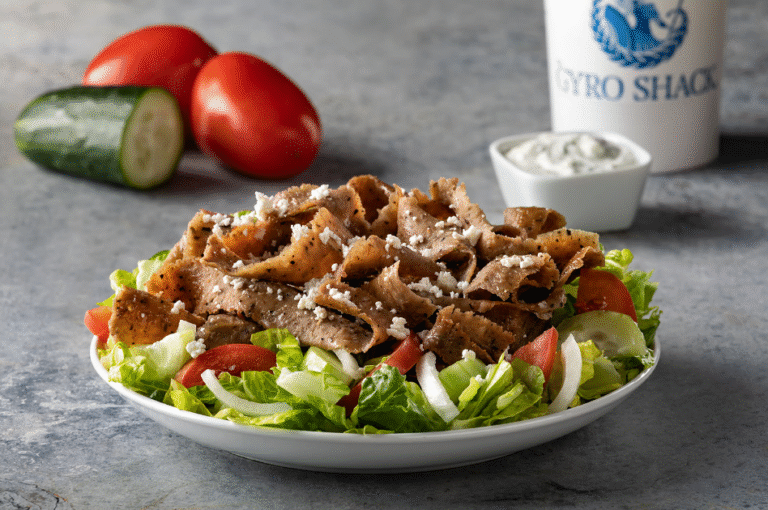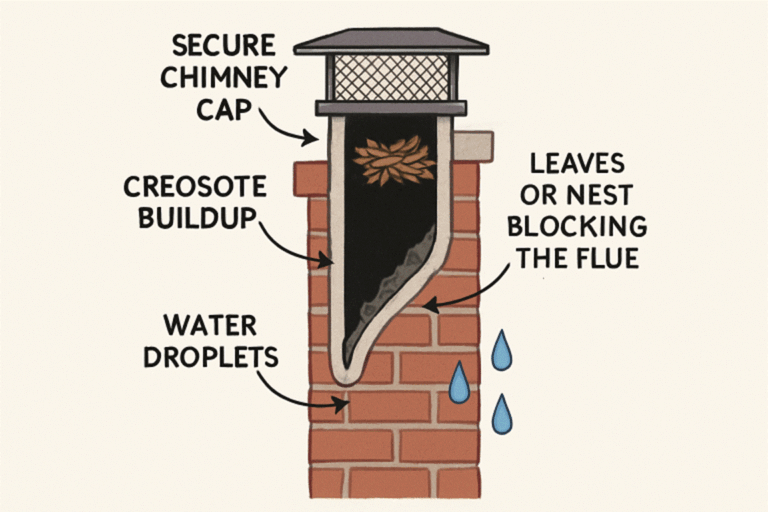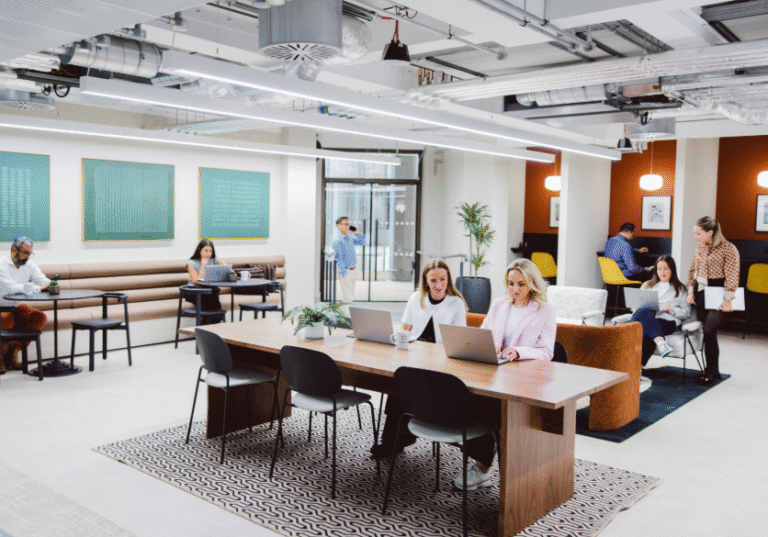The Role of Goodwill in Business Valuation
Understanding Goodwill in Business Valuation
When we talk about valuing a business, we often think about the physical stuff – the buildings, the equipment, the inventory. But there’s this other, less visible part that can really make a business worth more: goodwill. It’s not just about having a popular name, though that’s part of it. Goodwill is really about the extra earning power a business has because of things that aren’t easily measured on a balance sheet. Think about a coffee shop that everyone loves. It’s not just the coffee machine or the chairs; it’s the friendly baristas, the cozy atmosphere, and the fact that people feel good going there. That positive feeling, that loyalty – that’s goodwill. It’s what makes customers choose that shop over another, even if the prices are similar.
Defining Goodwill Beyond Brand Recognition
Goodwill isn’t just a fancy logo or a catchy slogan. While a strong brand certainly contributes, true goodwill goes deeper. It’s built over time through consistent quality, good customer service, and a positive reputation in the community. It’s the reason people might pay more for a product or service from a company they trust, even if a competitor offers something similar. It’s that extra bit of confidence customers have that they’ll get a good experience, every time.
The Intangible Asset’s Impact on Value
This intangible asset can significantly boost a company’s worth. Imagine two identical businesses, side-by-side. One has a history of happy customers and a solid reputation, while the other is new and unproven. The established business, with its built-in goodwill, is likely worth more. Buyers are willing to pay a premium for that established customer base and the reduced risk associated with a trusted name. It’s like buying a house with a great neighborhood versus one in an unknown area; the neighborhood adds value.
Distinguishing Goodwill from Other Intangibles
It’s important to know that goodwill is different from other intangible assets like patents, trademarks, or customer lists. Those are specific, identifiable assets that can often be valued on their own. Goodwill, on the other hand, is the residual value that remains after all identifiable assets and liabilities have been accounted for. It represents the unidentifiable factors that contribute to a business’s earning capacity. Think of it as the ‘everything else’ that makes the business special and profitable, beyond the sum of its parts.
Factors Contributing to Business Goodwill
When we talk about what makes a business worth more than just its physical stuff, we’re really talking about goodwill. It’s not something you can touch, but it’s definitely something you can feel in how a business operates and how customers react to it. Think about it – why do some companies just seem to do better, even when they’re selling similar things to others? A lot of that comes down to the goodwill they’ve built up over time.
Customer Loyalty and Repeat Business
This is a big one. When customers like a business, they come back. They don’t just buy once; they become regulars. This repeat business is gold because it means the company doesn’t have to spend as much on advertising to get new customers all the time. It’s like having a built-in marketing team that’s already convinced people to buy. Loyal customers also tend to spend more and are often willing to try new products or services the business offers. They trust the brand.
Strong Management and Employee Relations
Good leadership makes a huge difference. When the people running the show know what they’re doing and treat their employees well, it shows. Happy employees are more productive, more helpful to customers, and less likely to leave. This stability means less disruption for the business and a better experience for everyone involved. It creates a positive atmosphere that customers can sense, and it helps keep the business running smoothly.
Proprietary Technology and Processes
Sometimes, a business has a special way of doing things or a unique piece of technology that sets it apart. This could be a secret recipe, a patented invention, or a super-efficient way of managing operations. These unique advantages can make it hard for competitors to catch up and can lead to higher profits. If a business has something that others can’t easily copy, that adds a lot of hidden value. It’s like having a secret weapon that keeps the business ahead of the game.
Calculating Goodwill for Business Sales
When a business is up for sale, figuring out its worth goes beyond just the physical assets and inventory. A big part of that value, especially for established companies, is goodwill. It’s that extra bit of worth that comes from things like a great reputation, loyal customers, and a smooth-running operation. So, how do you put a number on that? It’s not always straightforward, but there are some common ways to get a handle on it.
Methods for Quantifying Intangible Value
There isn’t one single formula that works for every business, but accountants and valuators often use a few approaches. One common method is to look at the difference between the business’s total value (including all assets, tangible and intangible) and the fair market value of its identifiable net assets. Basically, you figure out what everything else is worth, and whatever’s left over, assuming it’s positive, is often attributed to goodwill. Another way is to consider what it would cost to build a similar business from scratch, including all the time, effort, and marketing it would take to achieve the same level of customer recognition and loyalty.
The Role of Earnings Potential
Often, the real driver behind goodwill is how much money the business is expected to make in the future. If a company consistently earns more than what its tangible assets and identifiable intangibles would suggest, that excess earning power is a strong indicator of goodwill. Buyers are willing to pay a premium for a business that has a proven track record of profitability and a good chance of continuing to do so. This future earning potential is a key factor in determining how much goodwill contributes to the overall sale price.
Adjustments for Market Conditions
It’s also important to remember that the market itself plays a role. If the industry is booming and businesses like yours are selling for high multiples, that can inflate the perceived value of goodwill. Conversely, if the economy is shaky or the specific industry is facing challenges, buyers might be less willing to pay a premium for goodwill. Valuators will often adjust their calculations to reflect current market conditions, making sure the goodwill figure is realistic for the present economic climate.
Putting a price on goodwill is a bit like trying to bottle lightning. It’s real, it has value, but it’s made up of so many different, hard-to-pin-down elements. You’re essentially valuing the trust, the reputation, and the positive feelings people have about the business.
Goodwill’s Significance in Franchise Valuations
When you look at franchise valuations, goodwill plays a really big part. It’s not just about the physical assets or the initial franchise fee. Think about it: why do people pay more for a franchise that’s been around and has a good name? That’s goodwill at work. It’s the extra bit of value that comes from the reputation and customer trust built over time. For a business brokerage franchise, this is especially true. A well-established brand like the First Choice Business Broker Franchise, for example, has spent years building relationships and a track record. Buyers are willing to pay a premium for that proven success and the built-in customer base it attracts.
Why Franchises Command Premium Valuations
Franchises often sell for more than just their tangible assets because they come with a ready-made business system. This includes marketing strategies, operational procedures, and, importantly, brand recognition. Customers already know and trust the brand, which means less risk and a faster path to profitability for the new owner. This built-in advantage is a significant component of goodwill.
Assessing the Strength of a Franchise Brand
Evaluating a franchise brand’s strength involves looking at several factors. How long has the brand been operating? What’s its market share? How do customers perceive it? Online reviews, customer satisfaction surveys, and repeat business rates all contribute to this assessment. A strong brand means customers are more likely to choose that franchise over competitors, directly impacting its valuation.
The Value of a Proven Business Model
A proven business model is a franchise’s backbone. It’s the roadmap that guides franchisees to success. This includes everything from site selection and training to ongoing support and advertising. When a business brokerage franchise has a model that consistently produces results for its owners, that reliability adds substantial goodwill. It reduces the uncertainty for potential buyers, making the franchise a more attractive investment.
Leveraging Goodwill for Business Growth
Having strong goodwill is like having a secret weapon for your business. It’s not just about having a good name; it’s about how that good name translates into real business advantages. When customers trust you and prefer you over others, that translates directly into more sales and a stronger market position. Think about it: if you’re the first place people think of for a particular product or service, you’re already ahead of the game. This reputation makes it easier to attract new customers and keep the ones you have. Plus, a solid reputation can make investors more interested in putting their money into your company. They see the goodwill as a sign of stability and future success. It’s that extra something that makes people choose you, even if competitors offer similar things.
How Goodwill Enhances Market Position
Goodwill gives your business an edge. It means customers are more likely to choose you, even if competitors have lower prices or are more convenient. This loyalty means more consistent sales and a steadier income stream. It also makes it harder for new businesses to break into your market because they don’t have that established trust.
Attracting Investment Through Strong Reputation
Investors look for businesses that are likely to succeed. A strong reputation, built on goodwill, signals a lower risk and a higher potential for return. They see that customers like and trust your business, which means it’s likely to keep making money. This makes your business a more attractive place to put their capital.
The Advantage of Being a First Choice Business Broker Franchise
Imagine being the go-to name in business brokerage. That’s the power of goodwill. When people want to buy or sell a business, they’ll think of your franchise first. This means more leads, more successful deals, and a stronger brand overall. It’s about building a network of satisfied clients who recommend you, creating a cycle of growth.
Navigating Goodwill in Mergers and Acquisitions
When businesses consider joining forces or one buys out another, figuring out the value of goodwill becomes a big deal. It’s not just about the physical stuff or the money in the bank; it’s about what makes the company special and attractive to buyers. This intangible value can significantly sway the final price.
Due Diligence and Goodwill Assessment
Before any deal is finalized, a thorough check, called due diligence, is performed. This is where the buyer really digs into the seller’s business. They look at everything – financial records, customer lists, contracts, and yes, that goodwill. They want to see proof that the goodwill is real and not just wishful thinking. This involves looking at things like customer retention rates, the company’s reputation in the market, and the strength of its management team. It’s about verifying that the positive feelings and loyalty customers have translate into actual, predictable earnings.
Impact on Purchase Price Allocation
Once the deal is done, the purchase price needs to be split up among the assets acquired. This is called purchase price allocation. Goodwill gets its own line item. If a company is bought for $10 million, and its tangible assets (like buildings and equipment) are valued at $7 million, and other identifiable intangibles (like patents) are worth $1 million, then the remaining $2 million is often recorded as goodwill. This allocation affects how the buyer reports profits and taxes going forward, so getting it right is important.
Negotiating the Value of Intangible Assets
Negotiating the value of goodwill can be tricky. Buyers might want to keep the goodwill number low to reduce their upfront cost or future tax implications. Sellers, on the other hand, want to show a higher goodwill value to justify their asking price. Both sides will bring in experts to assess the company’s earning power beyond its tangible assets. The final agreed-upon goodwill amount often reflects a compromise based on market conditions and the perceived future benefits of the acquired company’s reputation and customer base.
It’s a bit like valuing a well-loved neighborhood cafe. Sure, it has ovens and chairs, but its real value might be in the regulars who come every morning, the friendly baristas, and the cozy atmosphere. That’s the goodwill, and it’s hard to put an exact number on it, but it’s definitely worth something to someone looking to buy that cafe.
Wrapping It Up: Goodwill’s Place in Business Worth
So, when we look at what a business is really worth, it’s clear that goodwill isn’t just some extra bit. It’s a big part of the picture. Think about it – loyal customers, a good name, smart ways of doing things – these all add up. They make a company worth more than just its buildings and equipment. Ignoring goodwill when you’re figuring out a business’s value would be like leaving out the most important ingredients in a recipe. It just doesn’t make sense. Getting a handle on this intangible stuff is key to understanding a company’s true worth, whether you’re buying, selling, or just trying to get a clear idea of where things stand.
Frequently Asked Questions
What exactly is goodwill when we talk about valuing a business?
Think of goodwill as the extra good stuff about a business that makes people want to buy from it, even if it’s not something you can physically touch, like a special recipe or a great reputation. It’s more than just having a popular brand name; it’s about all the things that make customers happy and keep them coming back.
What makes a business have good goodwill?
Things like customers really liking the business and always coming back, having a super organized and happy team, and using special ways of doing things that no one else has all add up to goodwill. These make a business worth more.
How do we figure out the value of goodwill when a business is sold?
When a business is sold, we figure out its goodwill by looking at how much money it’s likely to make in the future. We compare what the business is worth on paper to what someone is willing to pay for it. If they pay more, that extra bit is often the goodwill.
Why do franchise businesses usually cost more?
Franchises often cost more because they have a proven plan that works and a well-known name that people trust. Goodwill helps explain why people are willing to pay extra for a franchise compared to starting a similar business from scratch.
How does goodwill help a business grow?
Goodwill helps a business stand out and be the first choice for customers. It also makes it easier to get money from investors because a good reputation makes the business seem safer and more likely to succeed.
What happens with goodwill when companies buy each other?
When one company buys another, they have to check everything carefully to see how much goodwill the business being bought has. This affects how much they pay and how they divide up the total cost of the purchase, especially for those special, unseeable things.






